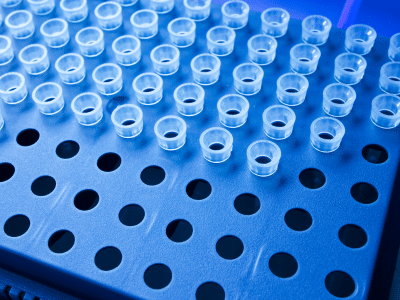Technical resins for the manufacture of laboratory plastics: for demanding applications
Laboratory plastics are the generic term for a wide variety of resins. Each one has its own intrinsic technical characteristics which have their own benefits for your uses on the bench. Knowing them will allow you to better choose the consumable that suits your applications.
The technical resins are suitable for the most demanding uses, in fact their characteristics make the PC, PET and PETG bottles particularly resistant and durable.
Which type of technical resin should I use for which laboratory plastics?
Polycarbonate (PC)
It is transparent, rigid and strong. It is the plastic used in particular for the manufacture of test tubes or beakers. It is resistant to shocks and is thus particularly adapted to centrifugation at high speed. It is suitable for use at temperatures between -135°C and +135°C and can be autoclaved at 121°C. Its chemical resistance is medium.
Glycosylated polyethylene terephthalate (GPET)
This is the plastic component of choice for carboys, bottles, cell culture, biological sample storage, and Erlenmeyer flasks. It offers some flexibility if it is not too thick, and is as transparent as glass. It can be sterilized by radiation, but is not autoclavable. It is suitable for use at temperatures between -40°C and +70°C. Its chemical resistance is average.
Polyethylene terephthalate (PET)
The raw material for the manufacture of bottles! Like GPET, it offers the same transparency as glass, is not autoclavable and is suitable for use at a temperature of -10°C to +60°C. PET can be sterilized by radiation and has a medium chemical resistance.
Two other types of plastic resins – fluoropolymers and polyolefins – are commonly used in the manufacture of laboratory bottles. Find out more about them by following laviedulabo.fr‘s news




